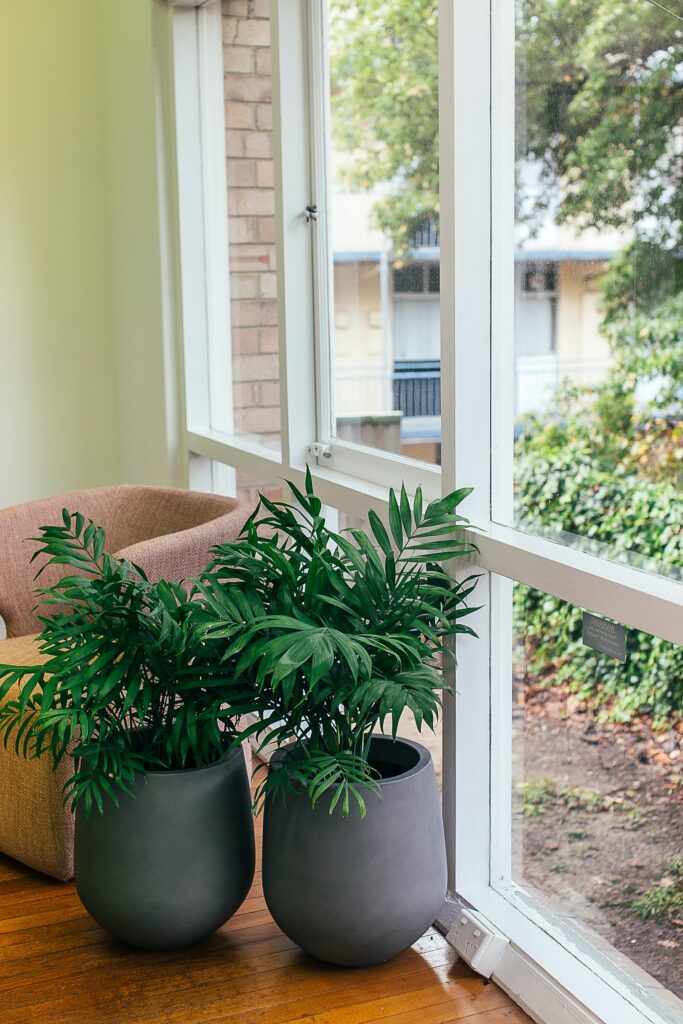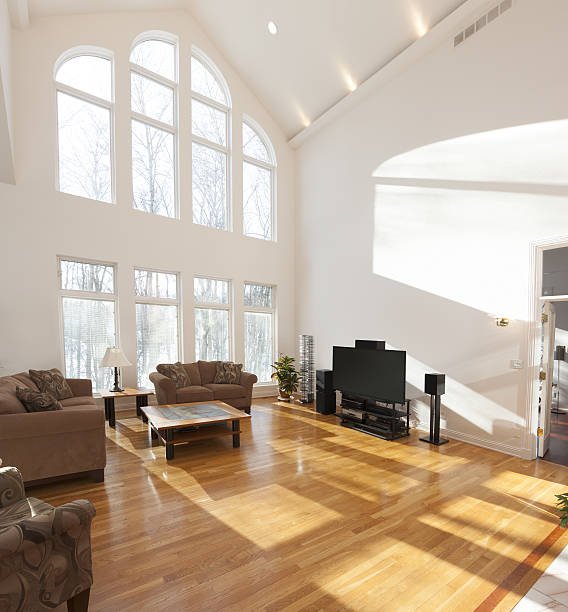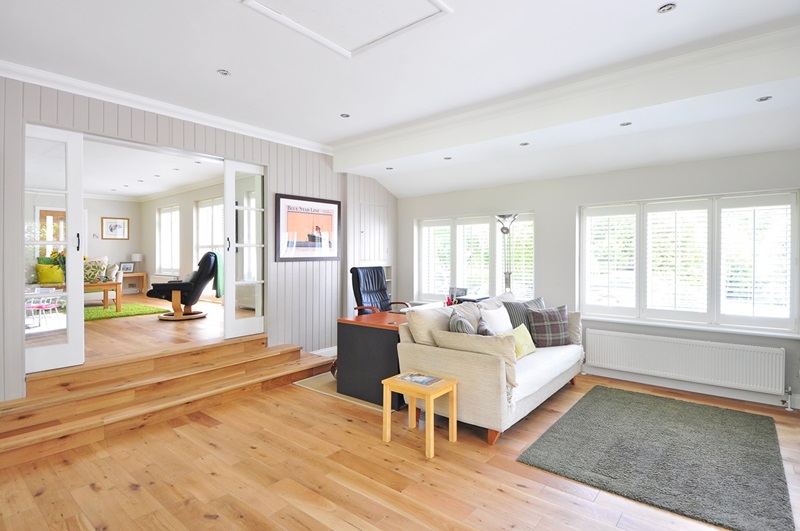Window Replacement Houston Texas and Door Installation Services
Vinyl Window Replacement Houston TX

Vinyl Windows
Vinyl windows are made from a type of plastic material known as polyvinyl chloride, or PVC for short. This material is not just used for windows, but it’s also commonly found in everyday items like pipes and fittings. When used in windows, PVC is transformed into a strong and rigid frame that’s excellent for home installations. These frames are often white but can be manufactured in various colors or even finishes that mimic the look of wood.
In terms of design, vinyl windows are versatile. They can be made to fit a wide range of shapes and sizes, from standard rectangles to more unique geometric shapes. The clear glass pane within the vinyl frame provides homeowners with a clear view outside, while the frame itself offers insulation to keep homes comfortable in both hot and cold seasons.
Vinyl Window Technical Specifications
Our vinyl windows are constructed from premium-grade unplasticized polyvinyl chloride (uPVC) formulated specifically for Houston’s intense UV exposure. Unlike budget vinyl, our windows contain higher concentrations of titanium dioxide UV stabilizers and impact modifiers that prevent yellowing, brittleness, and warping over time. This specialized formulation maintains structural integrity even when exposed to temperatures exceeding 140°F—critical during Houston’s extreme summer heat when lower-quality vinyl can soften and deform. The material features a low thermal conductivity rating of 0.08, significantly outperforming aluminum frames in energy efficiency.

Multi-Chamber Frame Design
Our vinyl windows utilize advanced multi-chamber internal frame design that maximizes both strength and insulation properties. Standard frames feature 4-5 separate internal chambers that create multiple thermal barriers, dramatically reducing heat transfer compared to single-chamber designs. These compartmentalized frames achieve R-values between 3.0-4.0, approximately double the insulation value of standard aluminum frames. For larger openings, we install frames with integrated steel or aluminum reinforcements within designated chambers, maintaining the thermal benefits while providing necessary structural support.
Welded Corner Construction
Quality vinyl windows depend on proper corner construction techniques. Our windows feature fusion-welded corners where frame components are heated to precise temperatures (around 500°F) and fused together, creating a molecular bond stronger than the original material. This welding process produces seamless corners with no mechanical fasteners that could loosen over time. Each weld undergoes 150-pound corner pull testing to ensure structural integrity. This construction method creates a permanently waterproof seal at each corner—critical for preventing the water infiltration issues common with mechanically fastened frames.
Low-Maintenance Finish Technology
The exterior surfaces of our vinyl windows feature a proprietary capstock layer containing enhanced concentrations of titanium dioxide and acrylics that resist dirt accumulation and maintain color consistency. Unlike painted finishes that can chip or peel, the color in our vinyl windows extends throughout the material, making minor scratches virtually invisible. The surfaces require only occasional cleaning with mild soap and water, eliminating the maintenance cycle of scraping, sanding, and repainting required with wood windows. This low-maintenance finish is particularly valuable for upper-story windows that are difficult to access for regular maintenance.

Compatibility with Building Materials
Vinyl windows require specific installation techniques to accommodate their thermal expansion properties. Our installation methods allow for approximately 1/8″ of movement per 10-foot length to prevent binding or distortion during temperature fluctuations.
We use specialized flashing systems compatible with vinyl’s surface properties, ensuring proper adhesion without chemical reactions that could damage the frames. When sealing, we use siliconized acrylic caulks formulated to maintain flexibility and adhesion to vinyl, preventing the seal failures common when standard silicone caulks are incorrectly used on vinyl surfaces.
How to Maintain Vinyl Windows
Regular Cleaning Routine
Vinyl windows require minimal maintenance to keep them looking and performing their best. Establish a semi-annual cleaning schedule, typically in spring and fall, to remove accumulated dirt and debris. For basic cleaning, simply mix mild dish soap with warm water in a spray bottle. Spray the solution onto the vinyl frames and glass, then wipe clean with a soft, lint-free cloth or sponge. For the window tracks, use a soft brush to loosen dirt before wiping. Avoid abrasive cleaners, scouring pads, or pressure washers that could damage the vinyl surface or disturb seals.
Track and Hardware Maintenance
Proper function of your vinyl windows depends on clean, well-maintained tracks and hardware. Vacuum tracks regularly using a brush attachment to remove dust, insects, and debris that can interfere with operation. After cleaning, apply a silicone-based lubricant (not WD-40 or oil-based products) sparingly to hinges, locks, and sliding tracks to ensure smooth operation. Be careful not to overspray lubricant onto the vinyl itself, as this can attract more dirt. For slider windows, pay special attention to the roller tracks, as these directly impact the ease of operation.
Weatherstripping and Seal Inspection
The energy efficiency of your vinyl windows relies heavily on intact weatherstripping and seals. During your maintenance routine, carefully inspect all weatherstripping for signs of damage, compression, or detachment. Gently pull on the weatherstripping to check for secure attachment. Look for gaps between the sash and frame when the window is closed. For double-hung or slider windows, verify that the interlocks engage properly when closed. If you notice drafts or water infiltration, the weatherstripping may need replacement—a relatively simple repair that can dramatically improve performance.
Why Choose Vinyl Replacement Windows For Your Houston Window Replacement?
Low Maintenance
Vinyl windows are celebrated for their low-maintenance nature. They don't require painting or staining, and they resist common problems like rust, rot, and corrosion. Simply cleaning them with mild soap and water occasionally will keep them looking fresh and new for years.
Cost-Effective
For homeowners looking for a budget-friendly window replacement option without compromising on quality, vinyl windows are a top choice. They offer a perfect balance between affordability and performance, making them a favorite among many homeowners in Houston, TX.
Energy Efficiency
One of the standout benefits of vinyl windows is their energy efficiency. Their natural insulating properties, combined with modern manufacturing techniques, mean that these windows can help keep the cold out during winter and the heat out during summer. This can result in significant savings on energy bills over time.
Your Guide To Vinyl Window Styles in Houston, TX
Double Hung Vinyl Windows
Double-hung vinyl windows have two sashes, or panels, that both move up and down. This design allows for easy cleaning and adjustable ventilation, as homeowners can open the top, bottom, or both sections as they see fit.
Casement Vinyl Windows
Casement vinyl windows open outward, hanging from the side. They often come with a crank or lever for easy opening and closing. Their design offers full ventilation when open and a clear, unobstructed view.
Bay and Bow Vinyl Windows
Bay and bow vinyl windows protrude outward from a home. Bay windows typically have three panels, while bow windows have four or more in a curved shape. Both types create extra space inside and offer a panoramic view of the outside.
Sliding Vinyl Windows
Sliding vinyl windows operate by sliding horizontally on tracks. These are ideal for homes with limited exterior space, as they don't need room to swing open. They provide wide views and easy-to-use functionality.
Awning Vinyl Windows
Awning vinyl windows hinge at the top and open outward. They're perfect for letting in fresh air, even during light rain, as the design prevents water from entering the home.
Picture Vinyl Windows
Picture vinyl windows are stationary and don't open. They're designed to offer a clear, unobstructed view, making them ideal for showcasing beautiful outdoor scenery. Their fixed nature also means they're often more energy-efficient.
Garden Vinyl Windows
Garden vinyl windows extend out from the house, much like bay or bow windows, but are typically found at ground level. They often include shelves for plants, providing a mini-greenhouse effect. This design offers ample sunlight and a unique aesthetic appeal.
Tilt-Turn Vinyl Windows
Tilt-turn vinyl windows have a dual-action mechanism. They can tilt inwards at the top for ventilation or turn sideways to open fully. This design offers flexibility and increased security options.
Hopper Vinyl Windows
Hopper vinyl windows are hinged at the bottom and open inward. They're commonly found in basements or bathrooms, offering ventilation while maintaining privacy. Their design helps keep out debris and rain when opened.
Frequently Asked Questions About Vinyl Windows
Combine durability, low maintenance, and energy efficiency with vinyl windows. Find answers to your questions about color options, installation, and long-term performance.
How long do vinyl windows last?
Vinyl windows are known for their durability and can last upwards of 20 to 40 years, depending on factors like climate, maintenance, and the quality of the installation. Proper care and occasional cleaning can help extend their lifespan. It’s also crucial to choose high-quality windows from reputable manufacturers, as they tend to last longer and perform better.
Do vinyl windows offer good insulation?
Yes, vinyl windows are excellent insulators. The PVC material from which they’re made has natural insulating properties. When combined with energy-efficient features like double or triple-pane glass, gas fills, and low-E coatings, vinyl windows can significantly reduce heat transfer. This can help maintain a comfortable indoor temperature and potentially decrease energy costs.
Can vinyl windows be painted or stained?
It’s generally not recommended to paint or stain vinyl windows. The paint may not adhere well to the vinyl surface, leading to peeling or chipping over time. Moreover, painting them might void the manufacturer’s warranty. If you desire a specific color, it’s best to purchase vinyl windows in that color from the outset.
Are vinyl windows only available in white?
While white is the most common color for vinyl windows, they are available in a range of colors and finishes. Some manufacturers even offer finishes that mimic the look of natural wood. It’s worth noting that darker colors might absorb more heat, which can cause the frames to expand and contract more. Always consult with a window expert to understand the best color options for your specific needs and region.
How do vinyl windows compare in cost to other window materials?
Vinyl windows are often more cost-effective compared to other materials like wood or aluminum. Their affordability, combined with their durability and energy efficiency, makes them a popular choice for many homeowners. However, prices can vary based on the window’s features, style, size, and manufacturer. It’s always a good idea to get multiple quotes and understand the full value and potential savings over time.
Get Started Now!
Discover the durability and low maintenance of our Vinyl Windows. With Window Service Houston, you’re choosing longevity and aesthetic appeal.
Transform your home with us; start today.
